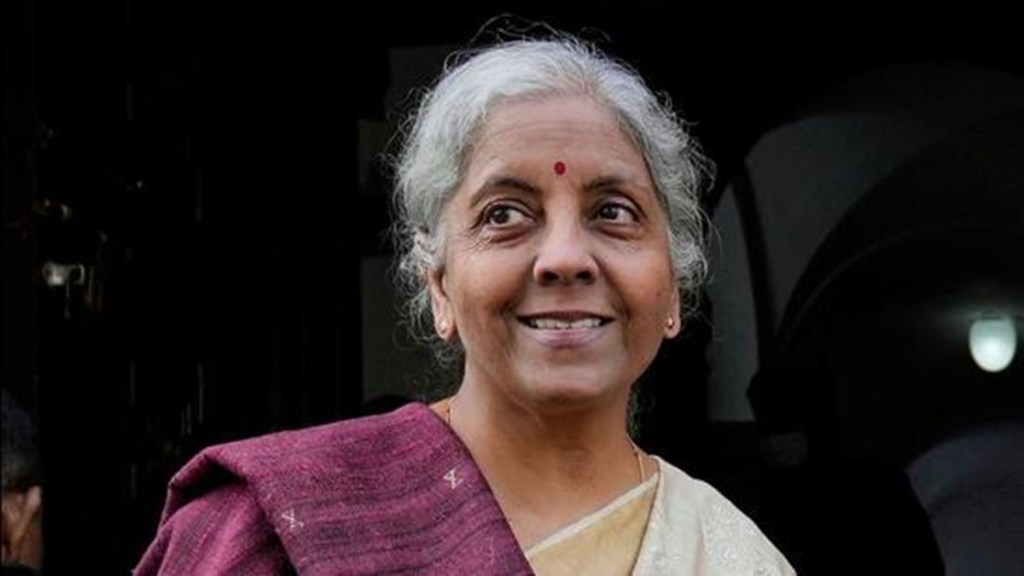A robust manufacturing sector free from unnecessary regulatory bottlenecks will further attract both domestic and foreign investments, driving economic growth and positioning India as a trusted global player, finance minister Nirmala Sitharaman said on Monday.
Speaking at a post-budget webinar, she said decriminalization of business-related laws reduces the legal risks, allowing industries to operate with greater confidence.
“Our government remains steadfast in reducing regulatory burdens and enhancing trust-based governance to improve the ease of doing business. Through the budget announcements, we are taking various steps towards making India a seamless, export-friendly economy, one where businesses are free to focus on innovation and expansion, and not paperwork and penalties,” Sitharaman said.
She said the Modi government has removed over 42,000 compliances and decriminalised over 3,700 legal provisions since 2014.
In the Jan Vishwas Act 2023, more than 118 legal provisions were decriminalized. The government plans to decriminalize more than 100 provisions in various laws the Jan Vishwas Bill 2.0, further simplify processes for businesses.
The minister said the pathway for reforms is complemented by the government’s unwavering focus on capital expenditure as a driver of economic growth.
For the year 2025-26, total effective capex is proposed at Rs 15.48 lakh crores, which is 4.3% of the GDP, with Rs 11.21 lakh growth allocated as core capital expenditure by the Center, which is 3.1% of the GDP.
“This unprecedented investment in infrastructure development is already creating jobs, strengthening industries and laying the foundation for private sector participation in India’s growth story,” she said.
The webinar has brought together stakeholders from ministries like finance, industry, internal trade, corporate affairs as well as regulators, state governments, public sector banks, insurance companies and businesses.
The inputs from post-budget webinars would be used to crystalize various schemes.

